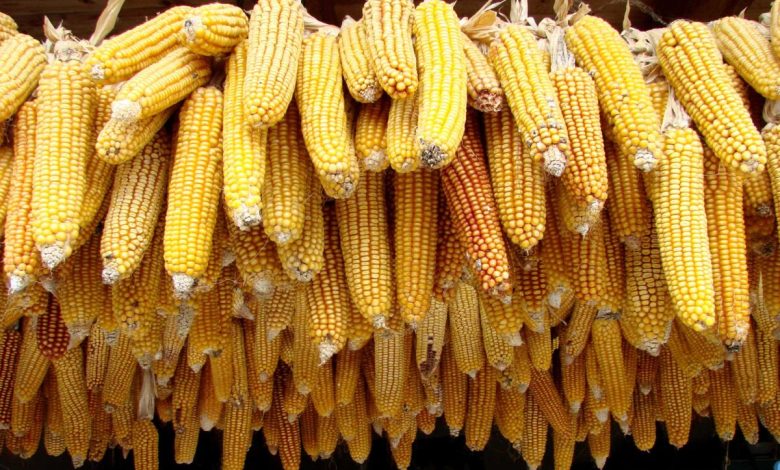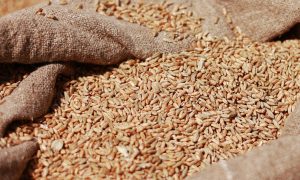Experts link 12% of maize destruction by armyworms to climate change

Agricultural experts have urged farmers in Bungoma to use botanical methods to fight armyworms ahead of the planting season.
They said 12 per cent of maize destruction is caused by armyworms brought by climate change.
Food and Agriculture Organization programs associate Stanley Kimere attributed the increase of fall armyworm invasion to the rising global temperatures.
Armyworms first existed in South America but in 2016, they crossed over to Africa and were reported in Kenya in March, 2017.
The insects can fly at a speed of 1,000 km in a night hence the reason why they spread so fast.
“When they crossed over to Kenya, we were not very well prepared and so we had to use available pesticides to control them. These pesticides, we realised affected human health and environmental risks,” Kimere said.He spoke during a site visit of FAO’s Armyworm sustainable management project.
The project seeks to fight the fall armyworms and improve their coordination globally.
It also aimed at preventing yield loss since farms affected recorded 100 per cent crop loss.
“A lot of progress has been made since 2017. There is a study that was done last year that showed that the yield loss has drastically reduced in the farms that are implementing botanical technology from 100 per cent to about five per cent,” Kimwere said.
The project was launched in Bungoma and Embu counties, but there are plans to spread to other counties.
Kimere praised Bungoma government for providing eight acres at Mabanga ATC to set up the project.
The establishment has given farmers a chance to visit and learn new approaches to control armyworms.
“We are evaluating and demonstrating a number of options at the centre. These options are helping farmers register great success,” he said.
Kimwere said they also organise field days for farmers to learn new pest control strategies.
















